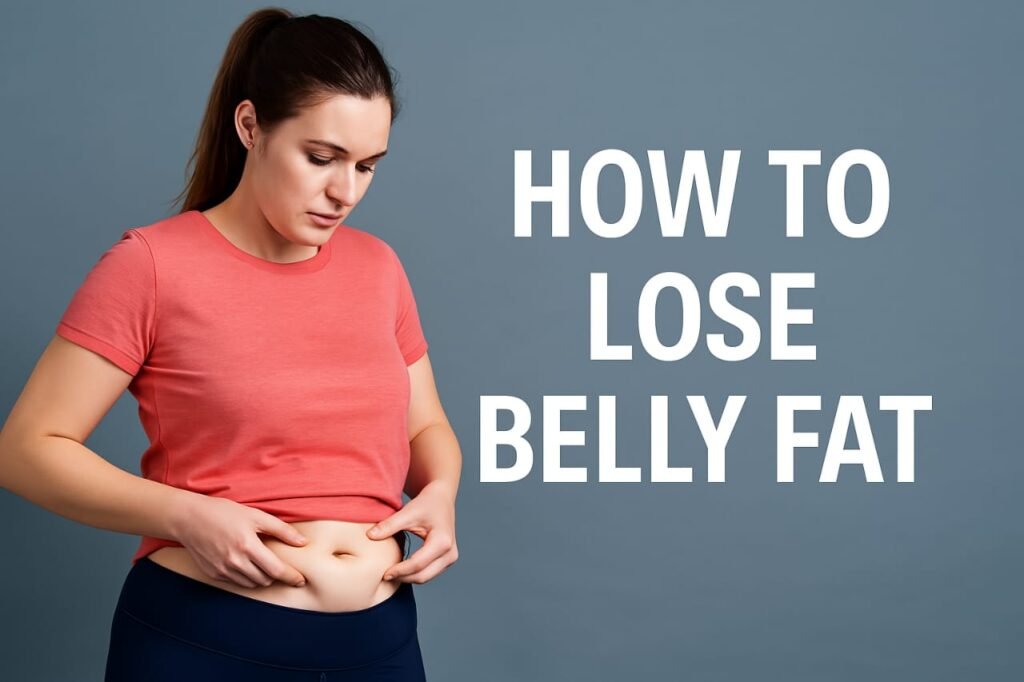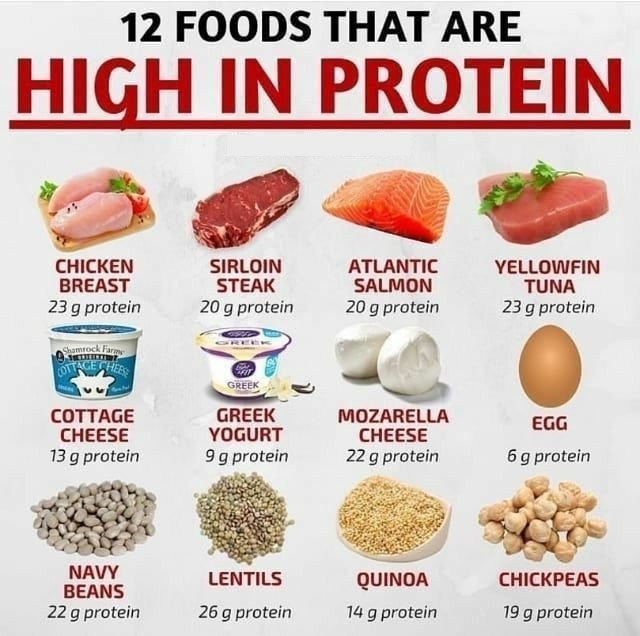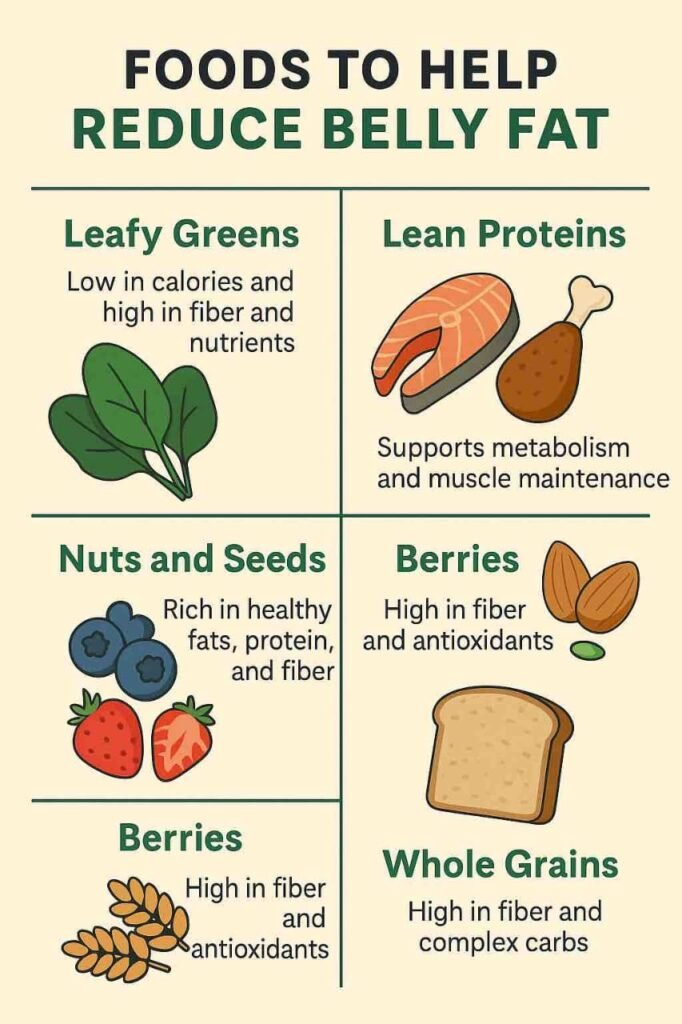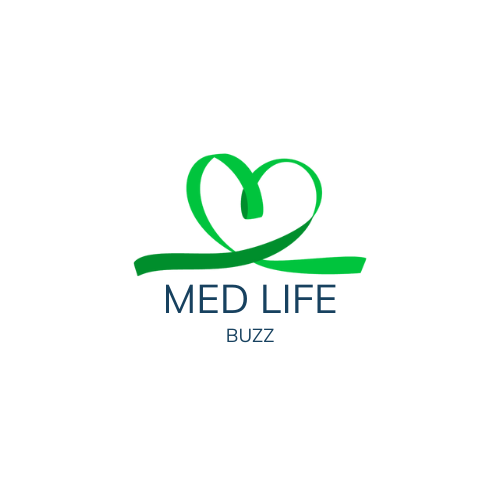
How to Lose Belly Fat with High Protein Diet: A Complete Guide

How to Lose Belly Fat
Belly fat is not just about appearance—it’s closely linked to health risks such as diabetes, heart disease, and hormonal imbalances. Many people struggle with stubborn belly fat, even after trying countless diets and workout routines. The good news? A high protein diet can be one of the most effective and sustainable ways to target belly fat while improving overall health.
In this article, we’ll explore how protein works, why it helps burn fat, and how you can design a high-protein diet plan that works for you.
Why Belly Fat is Hard to Lose
Before diving into the role of protein, it’s important to understand why belly fat tends to be so stubborn.
- Visceral Fat: The fat stored deep in your abdominal area, surrounding internal organs, is metabolically active and harder to shed.
- Hormones: Stress and high cortisol levels encourage fat storage in the belly.
- Poor Lifestyle Habits: Sedentary behavior, excess refined carbs, and sugary drinks add to abdominal fat.
Targeting belly fat requires a combination of the right diet, physical activity, and stress management. A high protein diet plays a central role in this process.
How Protein Helps in Losing Belly Fat

Protein isn’t just for bodybuilders—it’s the most important macronutrient when it comes to fat loss. Here’s why:
1. Boosts Metabolism
Your body burns more calories digesting protein compared to carbs and fats. This is known as the thermic effect of food (TEF). By eating more protein, you naturally increase calorie burn, even at rest.
2. Controls Appetite
Protein keeps you full for longer. It reduces cravings and late-night snacking, which are major culprits for belly fat gain.
3. Preserves Muscle Mass
When losing weight, it’s common to lose muscle along with fat. Protein helps maintain lean muscle, which in turn boosts metabolism and makes fat loss more sustainable.
4. Regulates Hormones
Protein impacts hunger hormones like ghrelin and peptide YY, reducing appetite and preventing overeating.
Best High-Protein Foods for Belly Fat Loss
Incorporating the right protein sources into your diet makes all the difference. Here are some excellent options:
- Lean Meats: Chicken breast, turkey, lean beef
- Fish & Seafood: Salmon, tuna, shrimp (rich in omega-3s)
- Eggs: Whole eggs and egg whites are nutrient-dense
- Dairy: Greek yogurt, cottage cheese, low-fat milk
- Plant-Based Proteins: Lentils, beans, chickpeas, quinoa, tofu, tempeh
- Protein Powders: Whey, casein, or plant-based powders for convenience
High Protein Diet Plan to Reduce Belly Fat

Here’s a sample day on a high-protein diet designed for belly fat reduction:
Breakfast
- Scrambled eggs with spinach and tomatoes
- A small bowl of Greek yogurt with chia seeds
Mid-Morning Snack
- Handful of almonds and one boiled egg
Lunch
- Grilled chicken breast or chickpeas with quinoa
- Mixed green salad with olive oil and lemon dressing
Evening Snack
- Protein smoothie (whey protein, unsweetened almond milk, banana, and flaxseeds)
Dinner
- Baked salmon with steamed broccoli and brown rice
- Herbal tea before bed
Tips to Maximize Results with a High Protein Diet
Following a high-protein diet is effective, but combining it with the right lifestyle practices ensures faster belly fat loss.
1. Balance Macronutrients
While protein is key, don’t completely ignore carbs and fats. Choose complex carbs (brown rice, oats, sweet potatoes) and healthy fats (avocado, nuts, olive oil).
2. Stay Hydrated
Drinking enough water supports digestion, reduces bloating, and aids metabolism.
3. Combine with Exercise
Strength training builds lean muscle, while cardio burns calories. A mix of both is ideal for faster belly fat loss.
4. Avoid Processed Foods
Sugary snacks, white bread, and fried foods add to belly fat. Stick to whole, nutrient-dense foods.
5. Track Your Intake
Keeping a food journal or using apps helps ensure you’re meeting protein targets without overeating.
Common Mistakes to Avoid in a High Protein Diet
Even though protein is effective, some mistakes can slow your belly fat loss journey:
- Overeating protein: Excess calories still get stored as fat.
- Ignoring fiber: Lack of fiber can cause digestive issues and bloating.
- Skipping exercise: Diet alone may reduce weight but won’t shape your body.
- Not choosing quality protein: Opt for lean, whole sources instead of processed meats.
How Much Protein Do You Need?
Protein needs vary depending on age, activity level, and goals. On average:
- Sedentary adults: 0.8 grams per kg of body weight
- Active adults: 1.2–1.6 grams per kg
- Athletes or fat loss goals: 1.6–2.2 grams per kg
For example, if you weigh 70 kg and aim for fat loss, you should target around 110–150 grams of protein per day.
Final Thoughts
If you’re wondering how to lose belly fat with high protein diet, the key lies in making protein the star of your meals while balancing other nutrients. A high protein diet helps boost metabolism, curb hunger, and preserve lean muscle, making fat loss both easier and more sustainable.
Remember: there is no “quick fix.” Combine a high protein diet with regular exercise, proper sleep, and stress management for long-term results.
By making small, consistent changes and focusing on nutrient-rich protein sources, you’ll not only reduce belly fat but also improve your overall health and energy levels.
